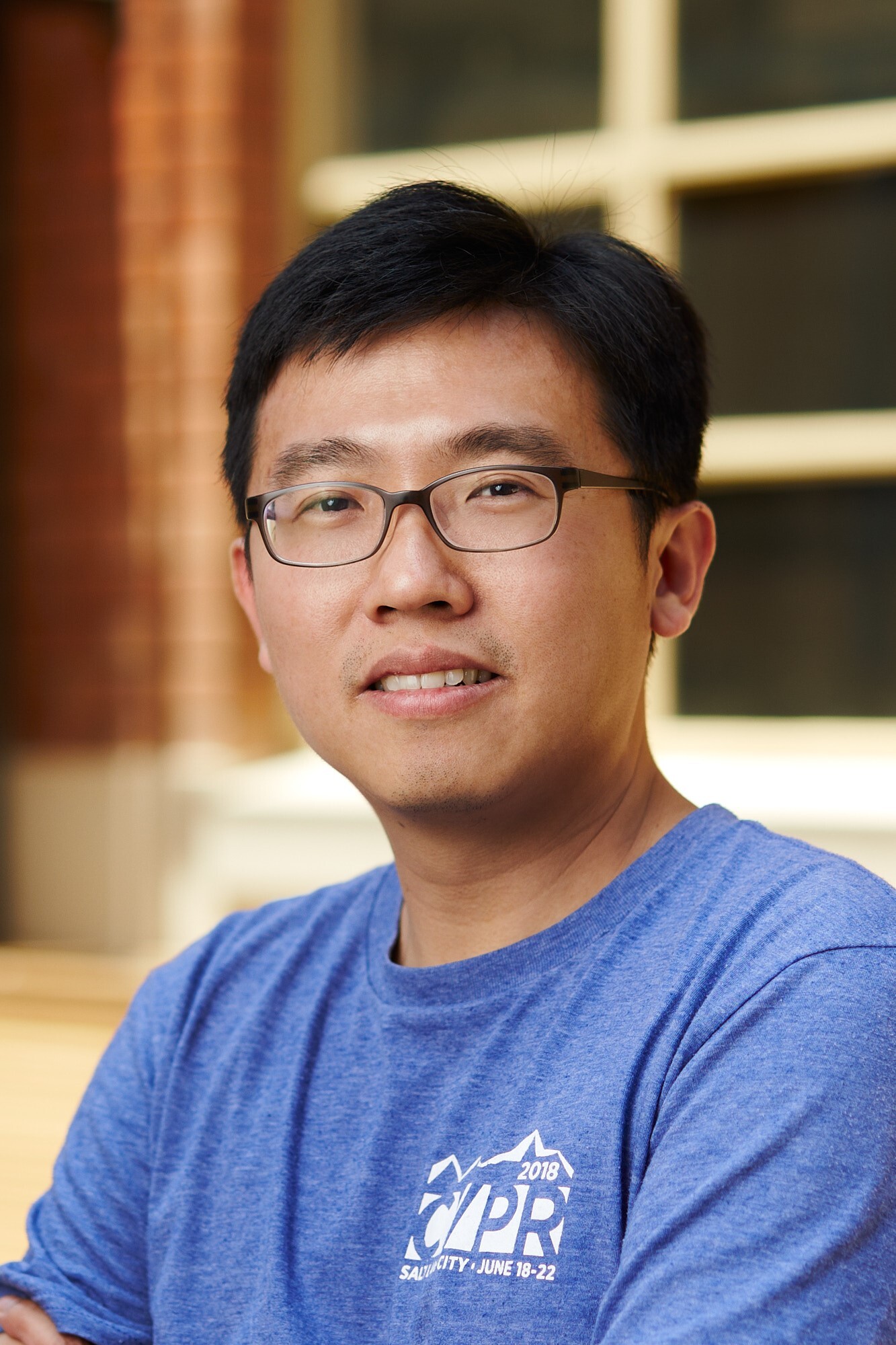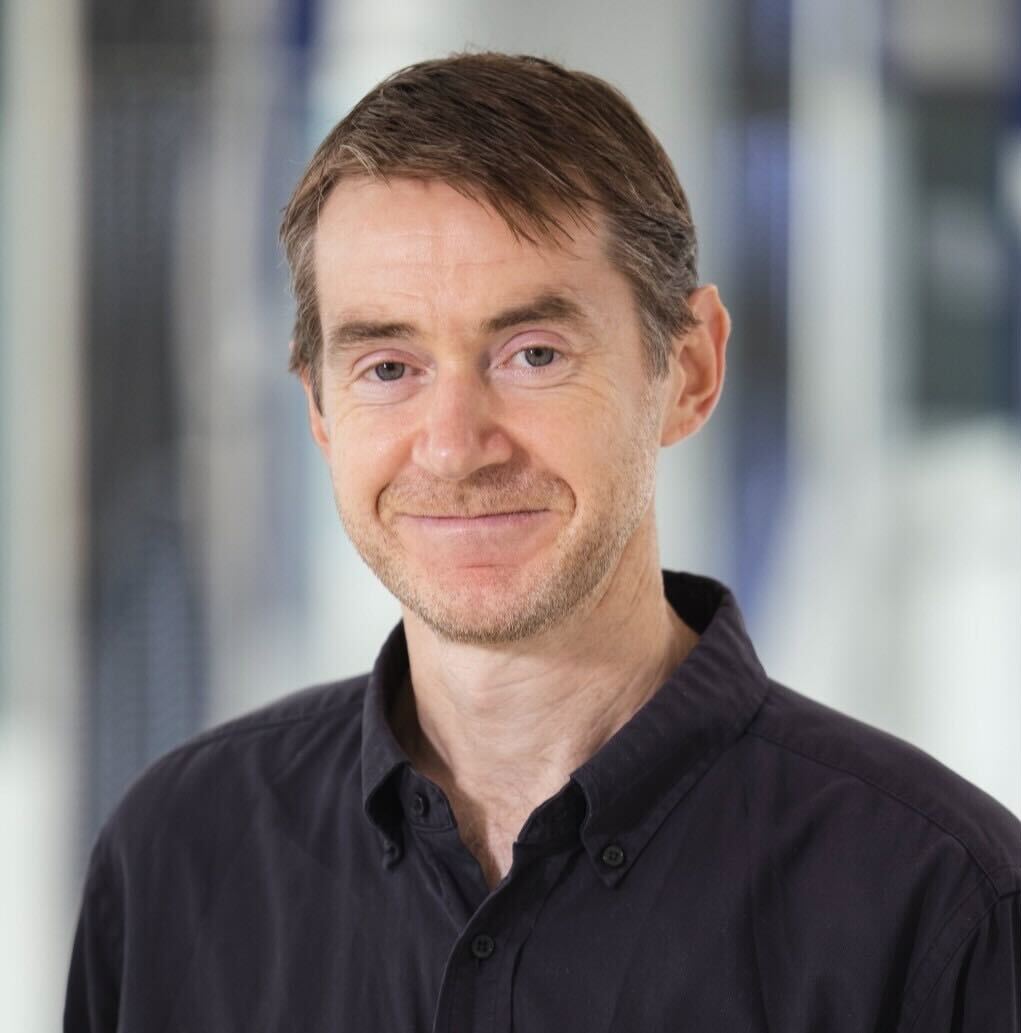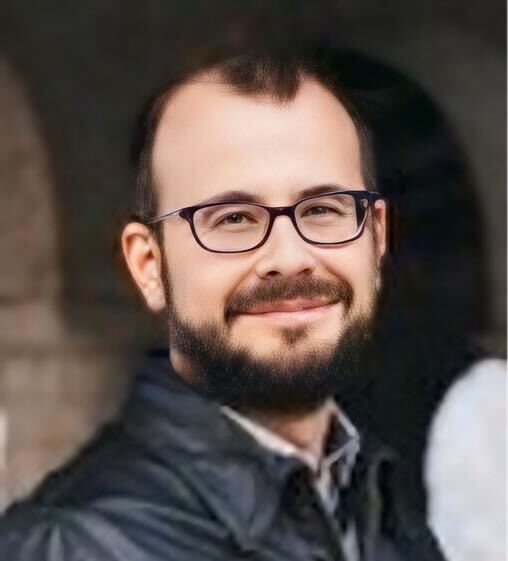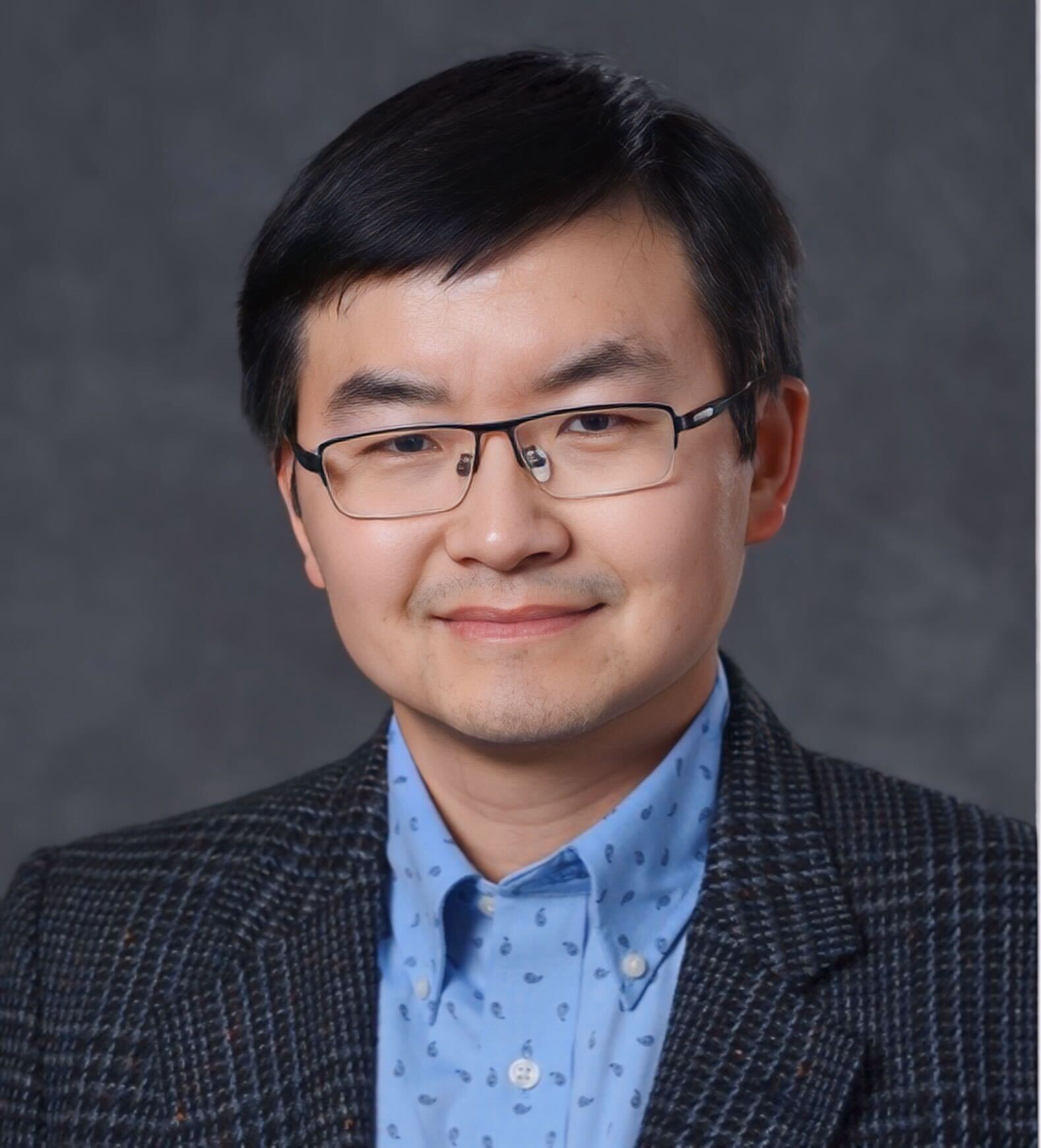Quantum Computing in Computer Vision: A Case Study in Robust Geometric Optimisation

Tat-Jun (TJ) Chin
Tat-Jun (TJ) Chin is SmartSat CRC Professorial Chair of Sentient Satellites at The University of Adelaide. He received his PhD in Computer Systems Engineering from Monash University in 2007, which was partly supported by the Endeavour Australia-Asia Award, and a Bachelor in Mechatronics Engineering from Universiti Teknologi Malaysia in 2004, where he won the Vice Chancellor’s Award. TJ’s research interest lies in computer vision and machine learning for space applications. He has published close to 200 research articles, and has won several awards for his research, including a CVPR award (2015), a BMVC award (2018), Best of ECCV (2018), three DST Awards (2015, 2017, 2021), an IAPR Award (2019) and an RAL Best Paper Award (2021). TJ pioneered the AI4Space Workshop series and is an Associate Editor at the International Journal of Robotics Research (IJRR) and the Journal of Mathematical Imaging and Vision (JMIV). He was a Finalist in the Academic of the Year Category at Australian Space Awards 2021.
Quantum computers promise to revolutionise the way we perform computing. While currently there are no mature large-scale quantum computers, several technology pathways are being aggressively pursued to realise such machines. Computer vision researchers have long been attracted to the power of quantum computing. With several noisy intermediate scale quantum computers (NISQ) now availability to the research community for experimentation, computer vision researchers are now able to test their quantum algorithms on real quantum hardware. The talk will introduce some of the recent efforts on quantum computing in computer vision, then focus on the particular problem of robust geometric optimisation, which is an important core problem that is provably intractable. Based on the experience, we will discuss the intrinsic value of quantum computing research in the computer vision community.




